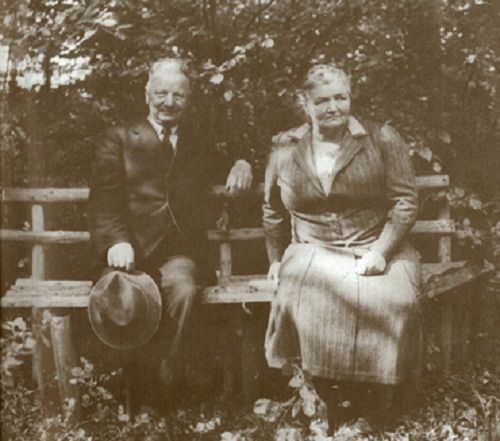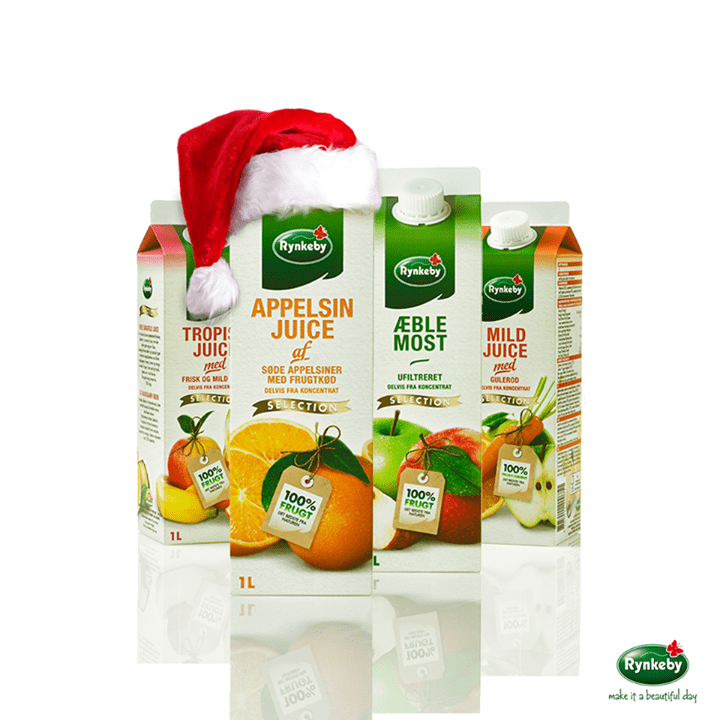The Danish juice producer Rynkeby could be heading for US ownership in the future, according to Børsen business newspaper.
Børsen has reported that Coca Cola is currently in negotiations with the Danish dairy giant Arla regarding the acquisition of the historic juice producer.
Arla revealed in August it was evaluating the long-term strategic options for Rynkeby, which it has owned since 1998, but insists that it is not negotiating with Coca Cola.
“The Børsen story is factually incorrect,” Theis Brøgger, Arla’s head of communications, told TV2 News. “We haven’t had any negotiations with any companies regarding Rynkeby at this point.”
“We might end up selling Rynkeby, or part of it at least, at some point, but we might end up keeping it.”
But a prospective deal could be part of Arla’s ongoing streamlining efforts, which also included the sales of Danapak and Dairy Fruit last year. Rynkeby had a turnover of 1.1 billion kroner last year and enjoyed operating profits of 103 million kroner.
READ MORE: Arla looking to considerably expand business in Africa
Inger’s garden treasure
Rynkeby has been an institution in Denmark since it was founded by Inger Rasmussen in 1934 in the little hamlet of Rynkeby near Odense.
Rasmussen started it by producing juice from apples in her garden, and just three years later production had increased to 60,000 litres annually.
Later the company moved to Ringe, and in 1988 the company was sold to Carlsberg, and then in 1998 to MD Foods, which later became Arla.















